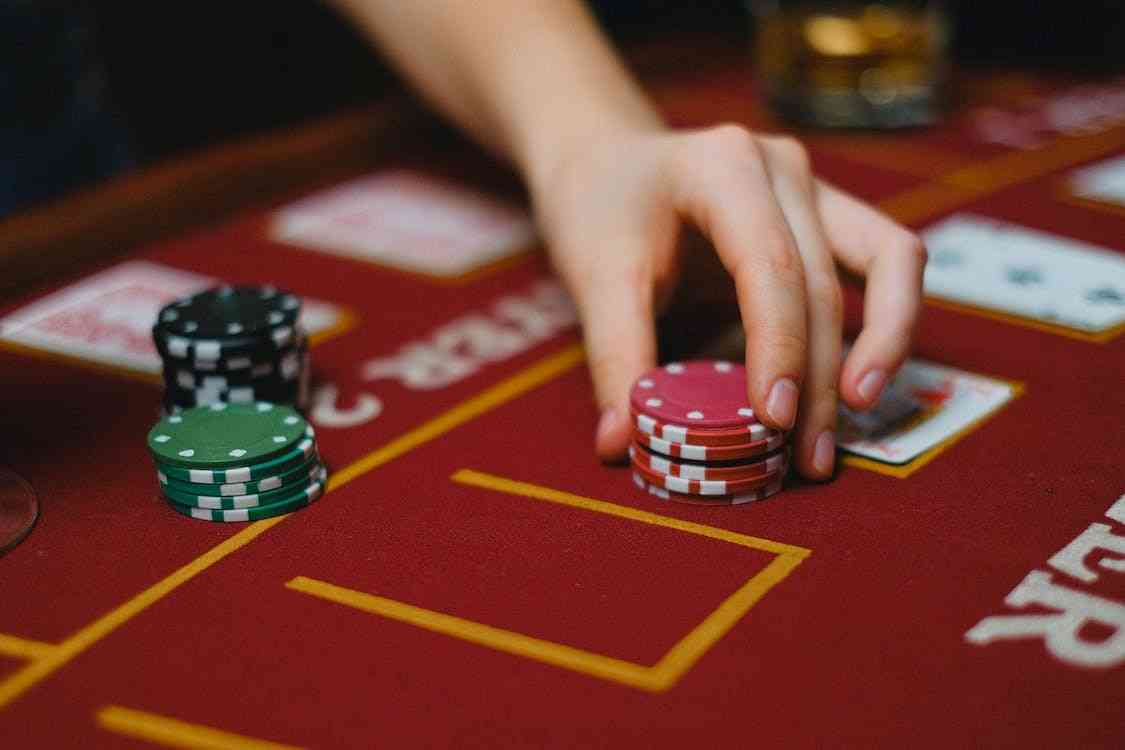
Poker is one of the most popular card games in the world, with millions of gamers enjoy playing the classic casino game. The game combines skill, strategy, psychology and of course, luck, but it also offers players a chance to win some big money.
The game has reached new audiences in recent years, thanks in part to online casinos and big money poker tournaments. That growth has seen more and more people take up poker professionally in order to earn a loving playing the game. But can anyone become a professional poker player?
Top 10 poker players of all time
- Justin Bonomo (US) – £49 million
- Bryn Kenney (US) – £47 million
- Daniel Negreanu (CAN) – £41 million
- Stephen Chidwick (UK) – £37 million
- Erik Seidel (US) – £35.27 million
- Jason Koon (US) – £35.20 million
- David Peters (US) – £35.18 million
- Dan Smith (US) – £32 million
- Phil Ivey (US) - £31.98 million
- Mikita Bodyakovsky (Belarus) - £31.97 million
How to Become a Professional Poker Player
Becoming a professional poker player is not easy. It requires dedication, discipline, patience and hard work, just like any other job. It also involves a lot of risk, as poker is a game of variance and you can lose money as well as win it. However, if you have a passion for poker and a willingness to learn and improve, you can definitely achieve your dream of playing poker for a living.
To become a professional poker player, you need to master several key skills in order to gain an edge. The most important skills are:
- Statistical analysis: You need to be able to calculate the odds of winning a hand, the expected value of a bet, and the best strategy for each situation. You also need to analyse your own and your opponents' playing patterns and tendencies, and use this information to exploit their weaknesses.
- Risk management: You need to be able to manage your bankroll, which is the amount of money you have available for playing poker. You need to know how much you can afford to lose, how much you should bet in each hand, and when to quit or take a break. You also need to cope with the emotional swings and stress that come with playing a high-risk game.
- Psychology: You need to be able to read your opponents' emotions, body language, and betting patterns, and use this information to bluff, deceive, or intimidate them. You also need to control your own emotions, avoid tilting (playing poorly due to frustration or anger), and stay focused and confident.
- Discipline: You need to be able to stick to your game plan, follow your rules, and avoid distractions. You also need to be able to learn from your mistakes, improve your skills, and adapt to changing situations.
Mastering these key skills will enhance your chances of winning and help you on your way to becoming a professional poker player. But there’s a lot more to understand about the game of poker before you give up your day job.
- Mavhunga puts DeMbare into Chibuku quarterfinals
- Open letter to President Mnangagwa
- Feature: ‘It’s worse right now than under Mugabe’: Sikhala pays the price of opposition in solitary cell
- Masvingo turns down fire tender deal
Keep Reading
Tips and Tricks from the Professionals
Poker, like any profession requires time to learn and improve your skills. Here’s our round up of the top tips and tricks for aspiring poker professionals.
Poker knowledge:
It sounds obvious but you need to know the rules, strategies, odds and probabilities of the game you are playing. So, study the different types of poker, such as Texas Hold'em, Omaha, Stud and Draw, and understand how to play different positions, hands and situations.
Start small:
Don't jump into high-stakes games right away. Start with low stakes games and build your confidence and experience. Gradually move up the levels as you improve your skills and your bankroll grows.
Play online:
Online poker is a great way to practice and learn poker. You can play more hands, more games and more variants online than offline. You can also use software tools and resources to help you analyse your game and improve your performance.
Study the game:
Don't rely on your intuition or luck alone. Study the game constantly and learn from your mistakes and successes. Read books, articles and blogs on poker. Watch videos, podcasts and streams of the best professional players around. Join forums, communities and coaching sites where you can discuss poker with other players and experts.
Be disciplined:
Don't play when you are tired, bored, angry or distracted. Don't play beyond your limits or chase your losses. Don't gamble with money you can't afford to lose and treat poker as a business and not as a hobby.
Enjoy the game:
Don't forget that poker is a game and it should be fun. Enjoy the challenge, the thrill and the satisfaction of playing poker. When the fun stops, stop.
Cards on the table
Becoming a professional poker player is not for everyone. It requires a lot of skill and dedication, and involves a lot of risk. If you’re prepared to put the work in, then you’re already closer to your dream of playing poker for a living.






